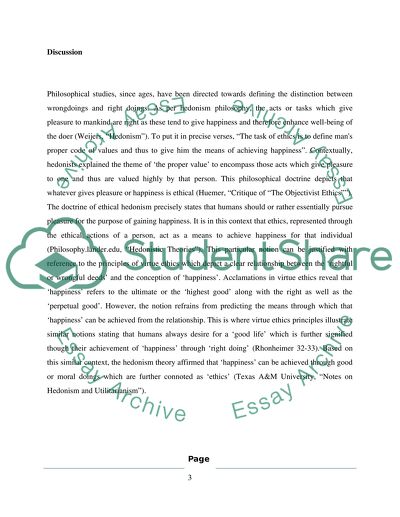Cite this document
(“Ethical Claim: The task of ethics is to define man's proper code of Term Paper”, n.d.)
Retrieved from https://studentshare.org/philosophy/1404157-ethical-claim-term-paper
Retrieved from https://studentshare.org/philosophy/1404157-ethical-claim-term-paper
(Ethical Claim: The Task of Ethics Is to Define man'S Proper Code of Term Paper)
https://studentshare.org/philosophy/1404157-ethical-claim-term-paper.
https://studentshare.org/philosophy/1404157-ethical-claim-term-paper.
“Ethical Claim: The Task of Ethics Is to Define man'S Proper Code of Term Paper”, n.d. https://studentshare.org/philosophy/1404157-ethical-claim-term-paper.


